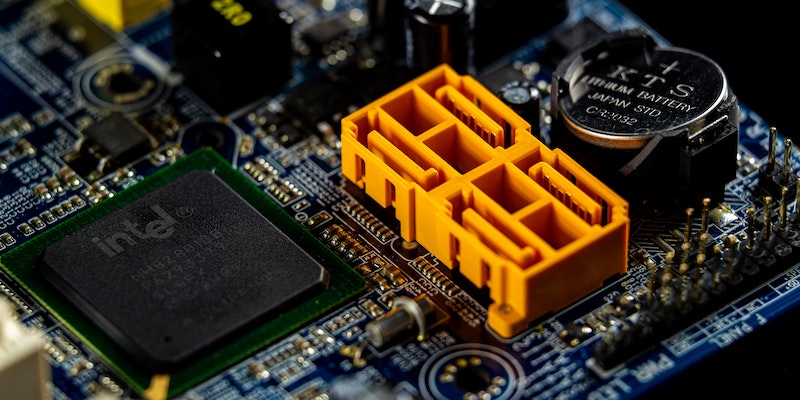As we enter the pre-launch leaking season for Intel’s highly anticipated Raptor Lake refresh, benchmark results of the top two SKUs, the Core i9-14900K and Core i7-14700K, have emerged. These benchmarks provide an early glimpse into the performance of these upcoming processors. While the initial results are underwhelming, it’s important to note that the poor performance can be attributed to the fact that Intel has just begun real-world testing of these chips.
The unveiling of the first benchmarks sheds light on the capabilities of the Core i9-14900K and Core i7-14700K. It is worth noting that these benchmarks are likely based on early samples and may not truly represent the final performance of the chips. Nonetheless, they offer some insights into what can be expected from the Raptor Lake refresh.
Confirmation of Existing Socket and Memory Improvements
One noteworthy aspect revealed by the benchmarks is the utilization of the existing LGA 1700 socket by both the Core i9-14900K and Core i7-14700K. This continuity in socket compatibility will be reassuring for users who are looking to upgrade without the need for a new motherboard.
Additionally, the benchmarks confirm that the Raptor Lake CPUs will support faster memory speeds compared to their predecessors. This enhancement will likely contribute to improved overall system performance and responsiveness.
Core i9-14900K: Boost Clock Increase
The Core i9-14900K, the flagship of the Raptor Lake lineup, retains its 24 cores and 32 threads configuration from the previous generation. However, Intel has managed to squeeze an extra 200MHz out of the chip’s maximum boost clock, resulting in a noteworthy boost to 6GHz out of the box. This increase in clock speed promises better performance, particularly in tasks that demand high single-core performance.
Core i7-14700K: Efficiency Cores for Multi-Threaded Performance
One key upgrade in the Core i7-14700K is the addition of four new efficiency cores, enhancing the processor’s multi-threaded performance. This improvement makes the Core i7-14700K an appealing choice for users currently utilizing Alder Lake CPUs or those on older systems seeking an upgrade.
Benchmarks and System Specs
The initial benchmark results were flagged on Twitter by hardware sleuth @9550Pro, who pointed out the disappointing performance. However, it is crucial to consider the test system’s specifications. Interestingly, the system used for testing featured an RTX 4090, which indicates a high-end GPU. Yet, the peculiarities of the system, like the utilization of DDR5-4800 memory and a 2TB spinning hard drive, may have contributed to the underwhelming results.
Possible explanations for poor performance
The poor benchmark performance of the Core i9-14900K and Core i7-14700K may be attributed to two potential factors. First, the unconventional system configuration, including the mismatched memory and storage setup, could have caused bottlenecks or limited the processors’ full potential. Second, it’s worth considering that Intel might have applied clock reductions to early samples, resulting in lower performance.
Upcoming Launch and Mobile Platform
The official launch of the Raptor Lake CPUs is expected to take place in October, aligning with the release of Intel’s new mobile platform, Meteor Lake. This dual launch will likely showcase Intel’s commitment to delivering powerful and versatile computing solutions across both desktop and mobile platforms.
While the initial benchmarks of Intel’s Raptor Lake refresh, specifically the Core i9-14900K and Core i7-14700K, may seem underwhelming, it is important to remember that these are early results. The actual performance of these processors is likely to improve as Intel continues to refine and optimize them. As the launch approaches, enthusiasts eagerly anticipate further details and a comprehensive assessment of the Raptor Lake CPUs.

